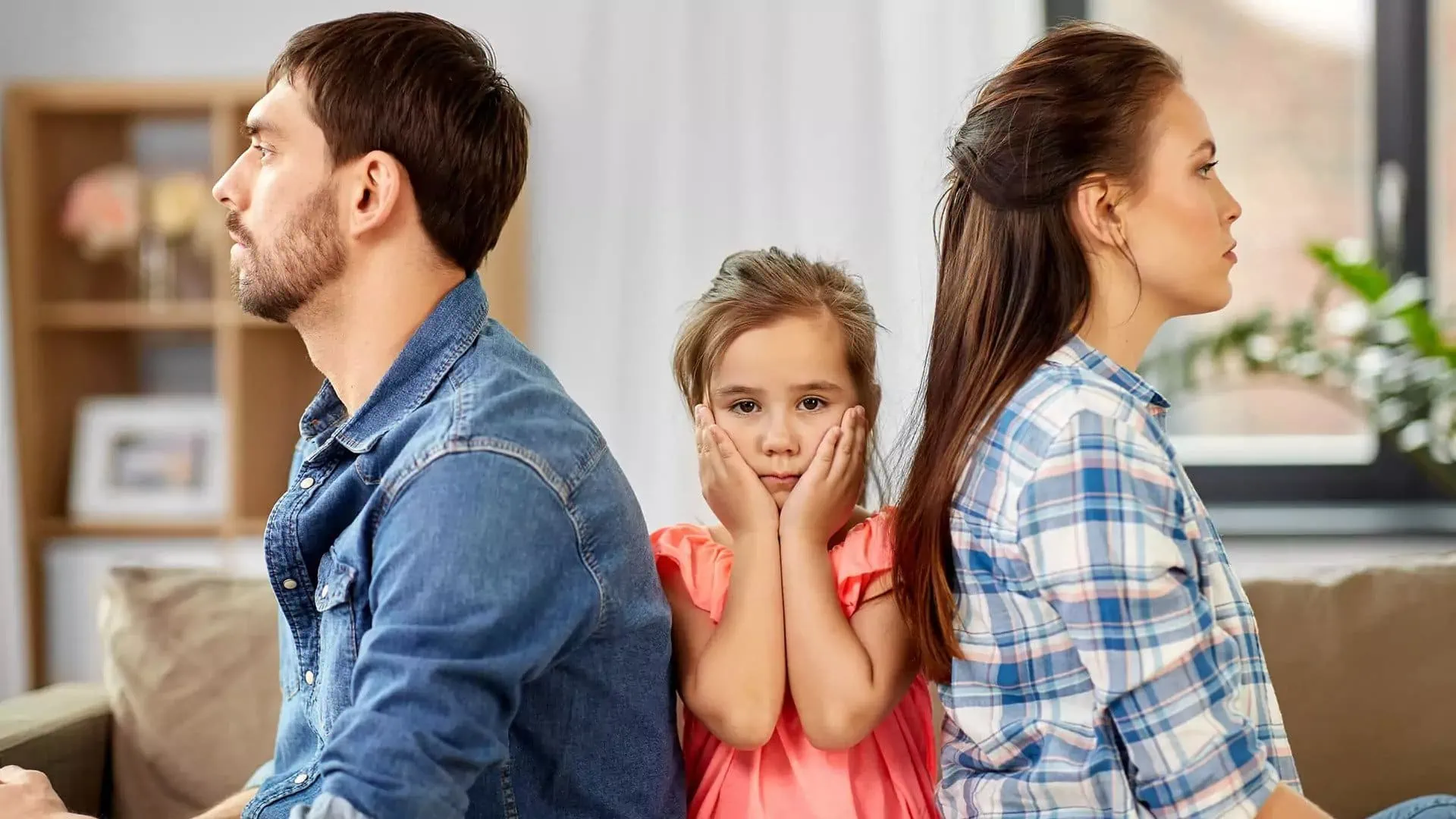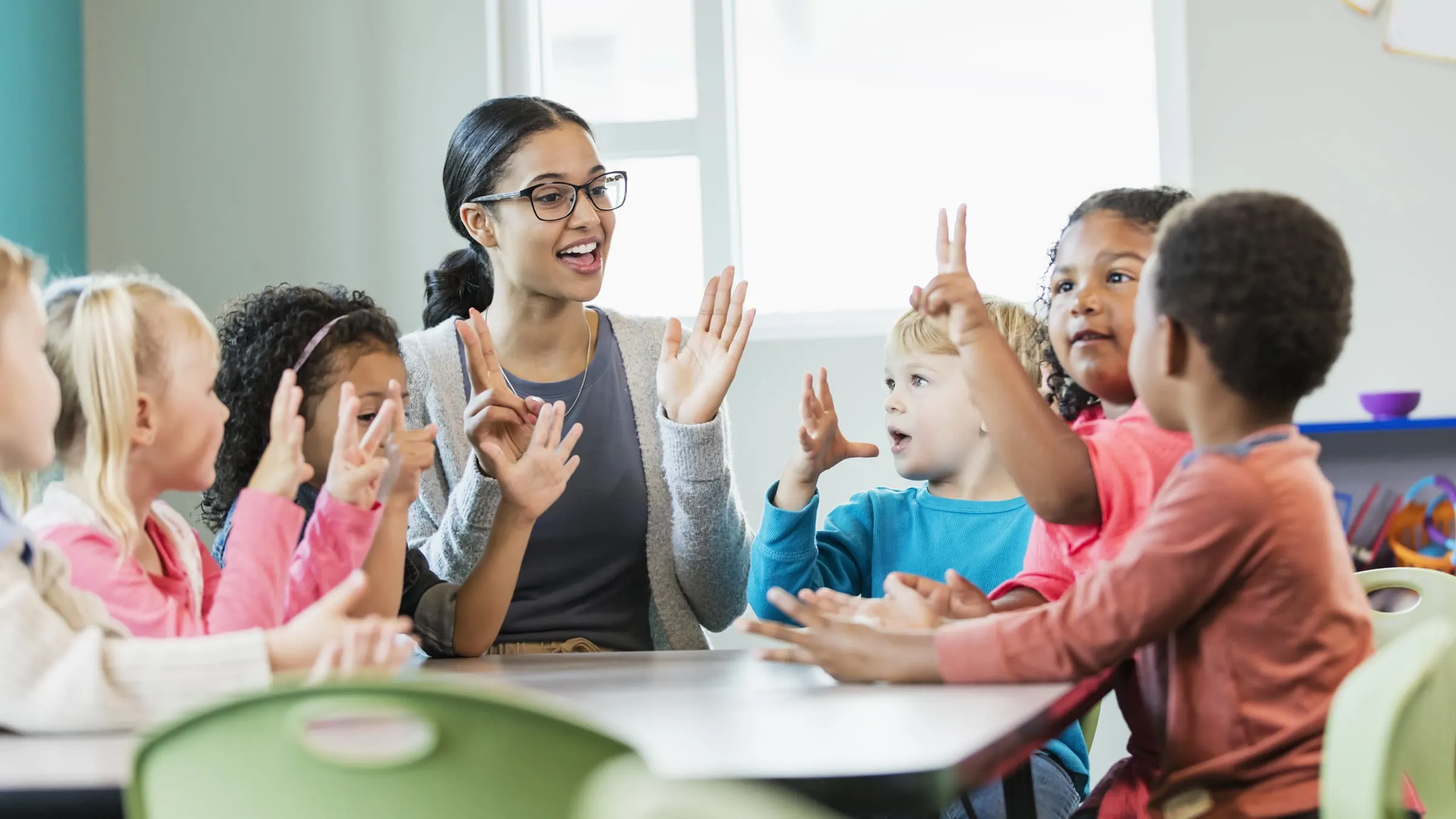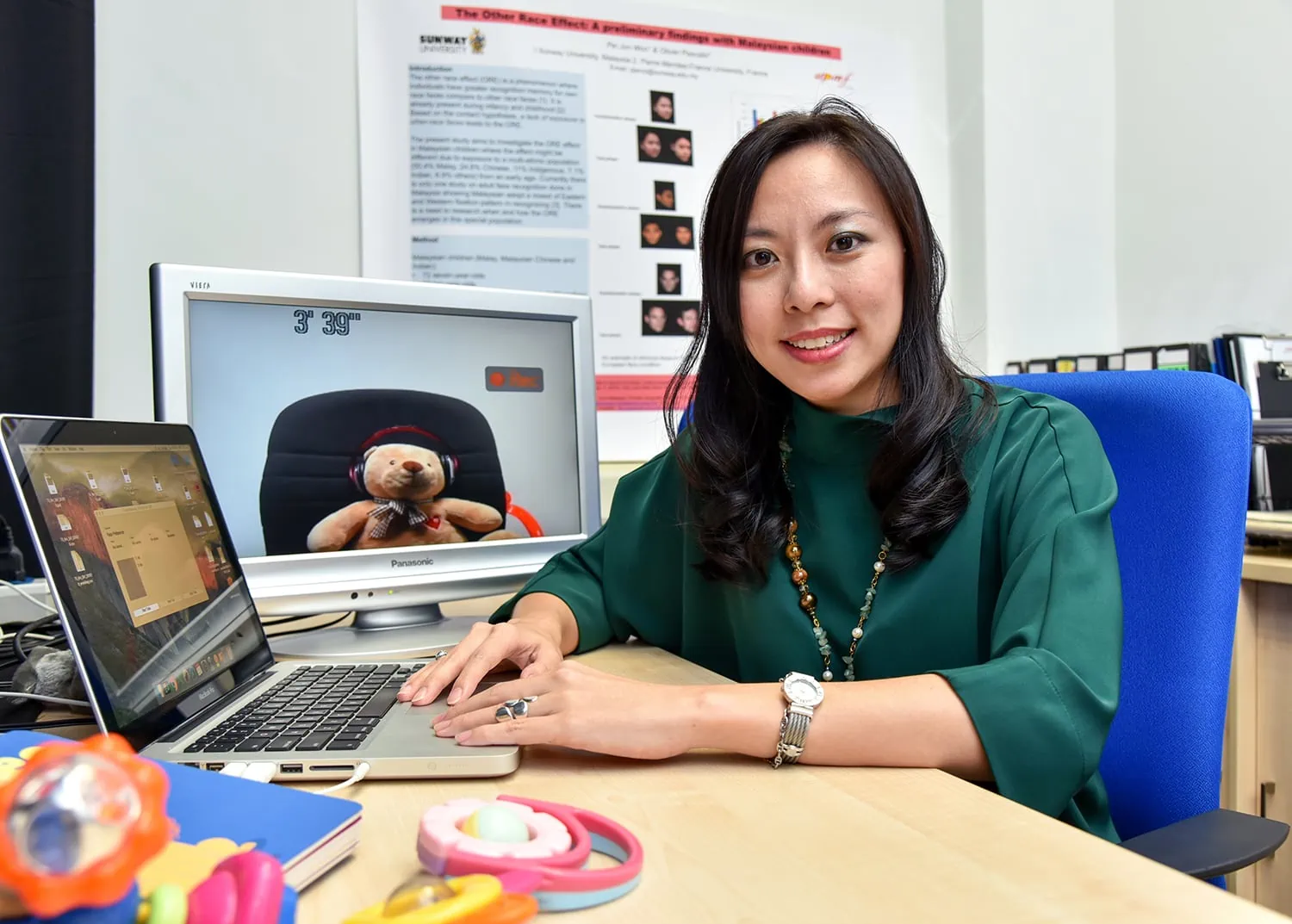
-
- The article explores the delicate balance between seeking social media attention and the responsibility of protecting children’s emotional well-being.
- Discover how parents can create a safe environment that safeguards their children’s emotional health in the digital age.
In today’s fast-paced digital world, the power of social media is undeniable. It has become an integral part of our lives, connecting us with others, sharing our joys, and seeking support during challenging times. However, as parents facing personal struggles within our families, we must pause and reflect on the potential consequences of sharing our personal problems online. The impact on our children’s emotional well-being, growth, and mental health cannot be overlooked.
In our quest for understanding, we had the privilege of engaging in a profound conversation with Dr. Woo Pei Jun, Head of the Department of Psychology at Sunway University’s School of Medical and Life Sciences. Her wisdom and expertise shed light on this pressing issue, guiding parents toward a path of compassionate action and responsible digital citizenship.
Dr. Woo’s words resonated deeply as she stressed on the immense impact that parents’ public disclosure of personal challenges, such as infidelity, can have on their children—especially during the sensitive adolescent years. Just imagine the shock and turmoil that engulf a child’s world when they stumble upon their family’s private struggles broadcasted on a public platform. It is a heart-wrenching revelation, triggering a storm of emotions ranging from anger and confusion to embarrassment, fear, sadness, and profound pain.

Unraveling the Emotional Fallout
As we delved into Dr. Woo’s wealth of clinical experience, we encountered stories of children who suffered immeasurably due to their parents’ online behaviour. Each child reacted uniquely, some succumbing to emotional and behavioural outbursts—directing their pain towards family and friends. Others withdrew into themselves, retreating from the world, refusing to attend school, and bearing the heavy weight of depression and anxiety caused by the unpredictable nature of their family situation.
The public nature of social media compounds these negative impacts on children, offering only a glimpse of the truth without capturing the complexity and history behind it. It invades privacy, erodes the sense of security children deserve, and exposes personal details that should remain sacred, jeopardizing their safety and well-being.
Yet, amid the shadows, Dr. Woo’s compassionate spirit shone brightly, illuminating a truth often forgotten: the depth of emotions experienced by children when their parents’ private struggles are laid bare for the world to see. Each child’s reaction is a unique tapestry of confusion, fear, loss, and shame. Acknowledging their emotions and providing a safe space for open conversation, free of judgment, is paramount to their healing.
Schools as Support Systems
Schools and educators also play a pivotal role in supporting children as they navigate the emotional challenges stemming from their parents’ online behaviour. Dr. Woo emphasized the significance of privacy, compassion, and providing children with the time and support they need to process the information they encounter on social media. Furthermore, educating students about the importance of respecting privacy and refraining from discussing their peers’ family affairs fosters a compassionate and understanding environment during these difficult times.
When broaching the topic of social media and its effects on our children, honesty and age-appropriate explanations become our guiding principles. Assuring children that they bear no blame is essential, as they may internalize guilt during moments of family turmoil. It is our responsibility to shield them from conflicts, resolve disagreements privately, and spare them from becoming messengers between parents—protecting their emotional well-being and shielding them from unnecessary stress.

Our heart is filled with empathy for the delicate balancing act parents face—juggling the desire for online attention with the sacred duty of protecting their children’s emotional well-being. Dr. Woo adamantly highlights that refraining from sharing any sensitive information about our families or children online is the greatest act of love and protection we can offer. The vast reach and unpredictable responses of social media compel us to prioritize our children’s safety and well-being above all else.
Privacy, Compassion, and Seeking Help
To safeguard our children’s privacy, security, and emotional well-being, parents must exercise caution when it comes to sharing personal information about them on social media. It is best to avoid sharing such details whenever possible, shielding our children from unnecessary exposure and potential harm.
Children coping with the distress of witnessing their parents’ personal issues unfold online require unwavering emotional support. Alongside Dr. Woo’s advice on providing privacy, compassion, and space, connecting children with trusted individuals who can lend a compassionate ear is crucial. If a child becomes overwhelmed, seeking the assistance of a child psychologist or counsellor can guide them in understanding their emotions and developing healthy coping mechanisms.
During personal crises such as infidelity, parents must navigate their own emotions without resorting to public social media posts that could harm their children. Dr. Woo wisely recommends finding a trusted friend or family member who can provide a listening ear, and seeking professional help when necessary. By finding closure and embracing constructive ways to address the situation, parents can regulate their emotions while safeguarding their children’s well-being.

Children’s Well-being in the Digital Realm
Navigating the potential impacts of social media on our children’s well-being during sensitive family issues is an immense challenge. Dr. Woo Pei Jun urges us to prioritize our children’s needs, foster open communication, and seek professional help when necessary. By referring to reputable resources such as the APA and WHO, we gain additional guidance on understanding and addressing social media’s influence on our children’s well-being. She personally recommends the following articles for reference:
Health advisory on social media use in adolescence
By placing our children’s needs at the forefront, nurturing open communication, and seeking support, we create a safe environment for them to flourish both in the digital realm and in their everyday lives. The desire for online attention must always be balanced with the sacred responsibility of protecting our children’s emotional health. Implementing Dr. Woo Pei Jun’s invaluable insights empowers parents to cultivate a supportive environment where our children can thrive—finding solace, strength, and love both within the vast expanse of the digital world and in the warm embrace of our loving homes.
Click the link below for more awe-inspiring content!
What To Do When Your Child Is In The Grips Of Internet Addiction
What To Do When Your Child Is In The Grips of Internet Addiction









